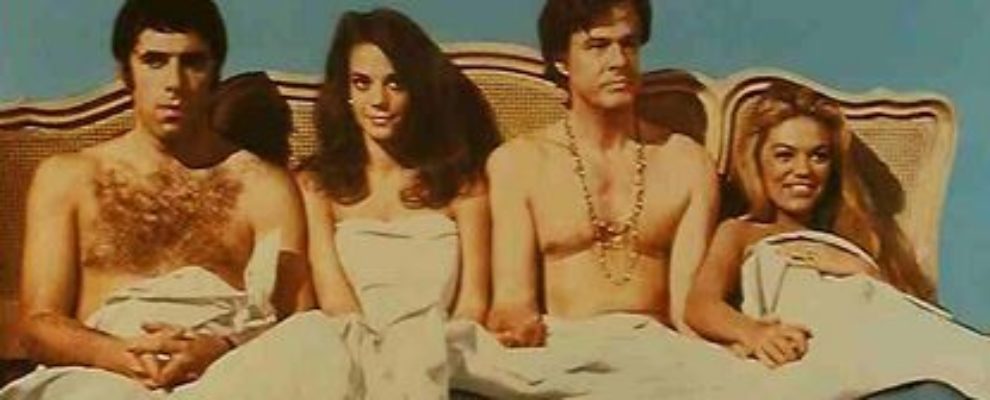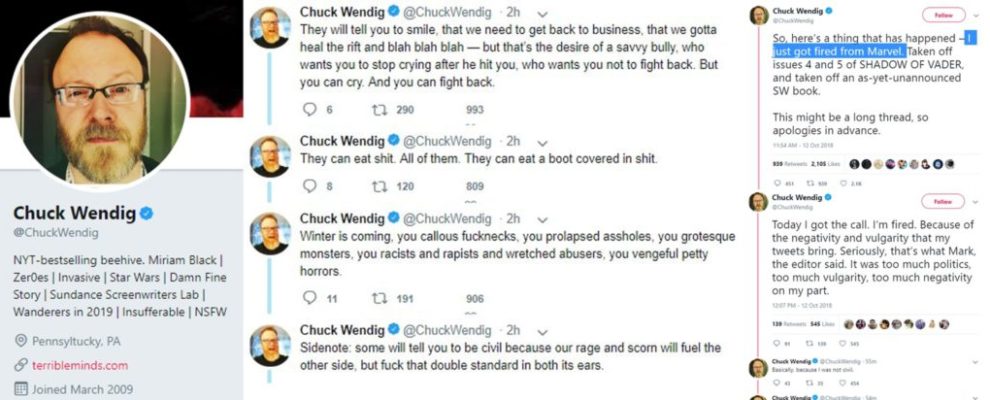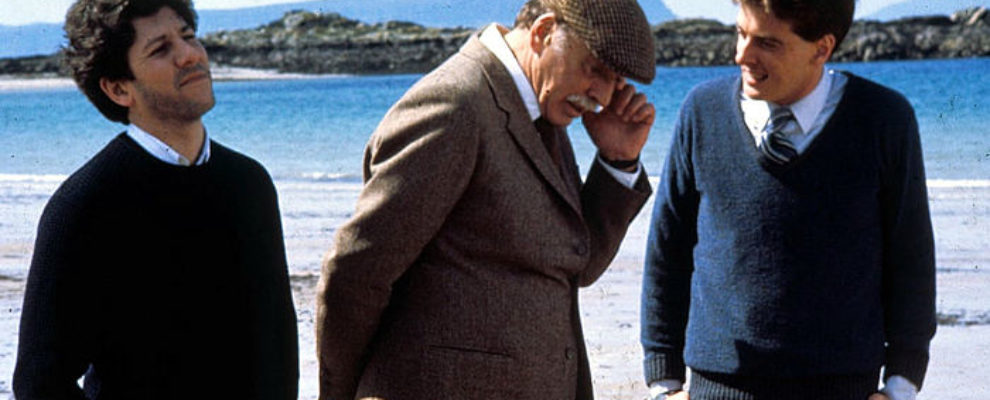Baltimore Book Festival Moves in 2019
The Baltimore Book Festival moves to December in 2019, according to an article in the Baltimore Sun.
The festival was moved to combine it with the Light City festival, which was moved from the spring. No specific date has been set as of this time.
At the Career Indie Author, we are pledged to keep you updated on book festivals and book-related events. Every quarter, we review our list to make sure the information is current. We focus on the mid-Atlantic area, but have extended our espionage network to include New York, Tennessee and points west.
Attending these festivals, whether as vendor or participant, is a great way to get to know your literary neighbors and raise your public profile. You can befriend an author in a similar genre, meet media people looking for something to write about, find booksellers who are looking for event ideas, and meet readers who are as passionate about books as you are.
If nothing else, you might something good to read.















